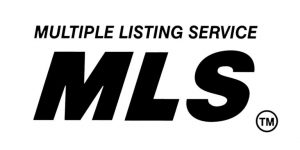
MLS stands for Multiple Listing Service. Whether you’re looking to sell or buy a
home, you will no doubt encounter this system. This is, in many ways, the very lifeblood of the real estate business. But just what is the MLS? Sure, it’s a huge database of home listings, but there’s a lot more to it than just that.
While the MLS may look like one large national database, it’s actually a suite of approximately 580 regional databases. And they’re quite territorial: Each regional MLS has its own listings, and agents pay dues to access and post homes on each
one. This is why agents who want a broader reach for their clients may become a member of more than one MLS.
There is a growing trend in which regional databases “share” listings without agents needing to become members of each, but that’s still more the exception than the rule. In general, only one MLS has the keys, both figuratively and literally, to any one home.
Difference Between Aggregate sites and MLS sites
While numerous websites such as Zillow, Trulia, Realtor.com and others aggregate home listings through highly condensed versions of MLS listings, that information provided can be either old or wrong altogether. Being a member of the actual MLS is the only guarantee of having 100% access to all the listings and information in a specific area as that information comes directly from Real Estate Agents. Additionally, these aggregate sites use algorithms and other pricing strategies that don’t not reflect current markets, especially in small communities like Breckenridge. This is one of the many benefits that a licensed real estate agent can provide.

Home sellers can’t post their home directly to the MLS, because access to this database is limited to licensed agents and brokers who pay for membership. Once they have a client selling a home, they gather the necessary details such as the square footage, number of bedrooms, and other noteworthy attributes—as well as photos—then post a complete (and hopefully eye-catching) listing on their client’s behalf. Additionally, crucial documents like HOA regulations are also provided through the MLS.
When agents log in, they have access to a wealth of data that they can pass along to their clients—or just help them do their business better and more strategically. And much of this goes far beyond whether a particular listing’s driveway is made up of gravel or asphalt.
